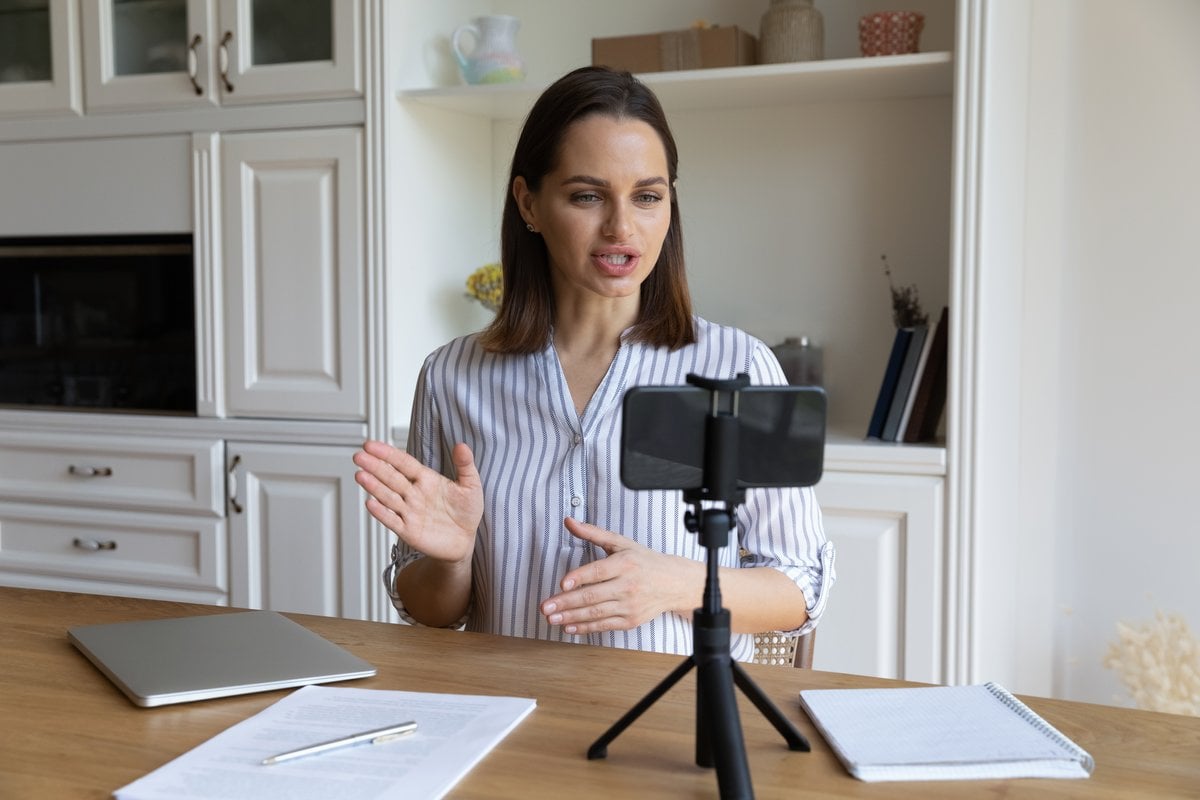
Life coaching is in the spotlight... for all the wrong reasons.
There's been accusations of it being linked to pyramid schemes. Others had pointed out the lack of qualifications and expertise needed for one to call themselves a 'coach' of something.
And many have issue with the very exxy price tag.
Renae* still feels viscerally angry and taken advantage of when she thinks back to the moment she met Grace.
"Grace was a friend of a friend and at a birthday party, she introduced herself to me and said she was a women's health and period coach. I was initially pretty impressed, as I had been dealing with some bad period pain and other female-health related frustrations, so I was looking to soak up any solutions anyone offered," Renae tells Mamamia.
As Renae and Grace got to talking though, Renae says she felt a twinge of doubt — there was no mention of Grace being medically qualified or having the relevant tertiary education. Plus, Grace had a big focus on 'healing' a woman's cycle, health and fertility with deep breathing, the power of attraction, working with energy and a mindset switch.
"Yes, in hindsight, it sounds like bulls**t and now I laugh when I reflect on all those things she was saying," says Renae.
"But when you're in the thick of pain, discomfort and confusion about your health, you feel pretty desperate. And I was desperate for some sort of change."
Watch: The 3 things people get wrong about trauma. Post continues below.
Top Comments